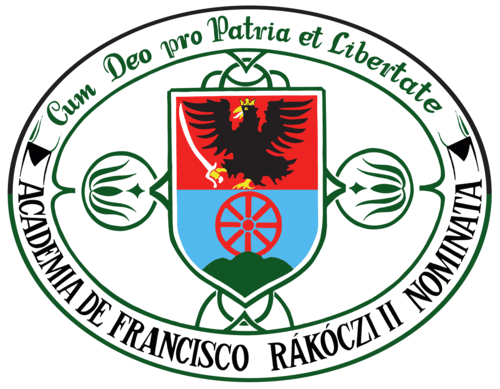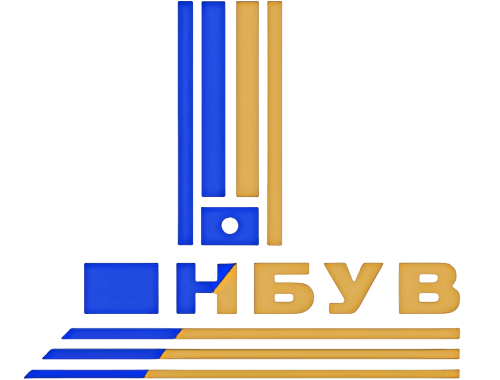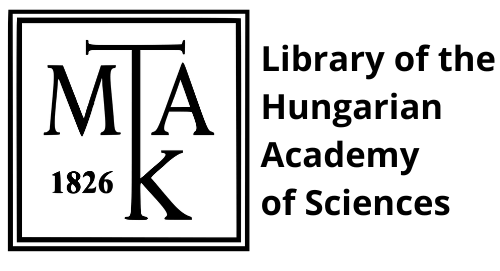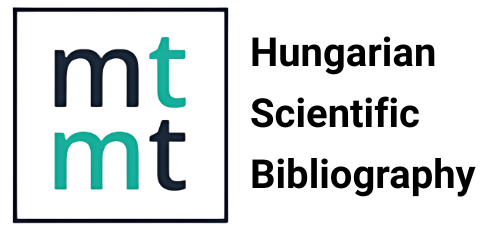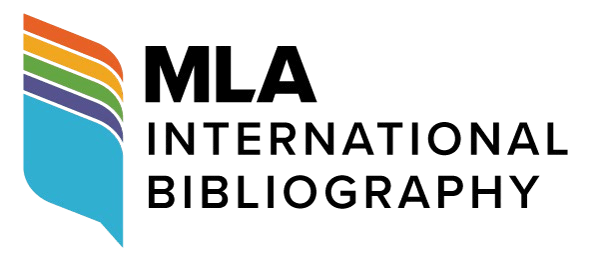Conflicts of Interest Policy
Definition of Conflicts of Interest
A conflict of interest arises when personal, financial, professional, or other relationships could influence — or appear to influence — the objectivity, integrity, or impartiality of research, editorial decisions, or peer review.
Conflicts of interest may apply to:
- Authors: financial or personal relationships that could affect data interpretation or reporting.
- Editors and guest editors: relationships with authors, institutions, or funding sources that may affect editorial judgment.
- Reviewers: personal or professional connections with authors or institutions that could bias their evaluation.
- Publisher and journal staff: commercial or political interests that might affect editorial independence.
Disclosure of Conflicts
All authors, reviewers, and editors must disclose any actual or potential conflicts of interest at the time of submission, review, or editorial decision.
Authors must include a Conflict of Interest Statement in their manuscript, declaring either the presence or absence of any conflicts.
Reviewers and editors must inform the Editor-in-Chief if they identify any potential conflicts related to a submitted manuscript.
Handling of Disclosed Conflicts
The Editorial Board will evaluate all disclosed conflicts and determine appropriate measures, which may include:
- reassigning the handling editor or reviewer;
- requesting additional disclosure from the authors;
- publishing a note of disclosure in the article;
- rejecting or retracting a manuscript if the conflict compromises integrity.
Conflicts Identified After Submission or Publication
If a conflict of interest is discovered after submission or publication, the Editorial Board will investigate and take appropriate action, which may include:
- issuing a correction or erratum;
- publishing a statement of concern;
- retracting the article if necessary.
Manuscripts Submitted by Editorial Team Members
Manuscripts submitted by the Editor-in-Chief, editors, associate editors, guest editors, or Editorial Board members are subject to independent double-blind peer review. Such manuscripts are handled by a neutral editor with no conflict of interest, and all review steps are transparently documented.
Statement in Published Articles
All published articles must include a Conflict of Interest Statement, declaring either:
“The authors declare no conflicts of interest.”
or, if applicable,
“Conflicts of interest: [detailed description].”


